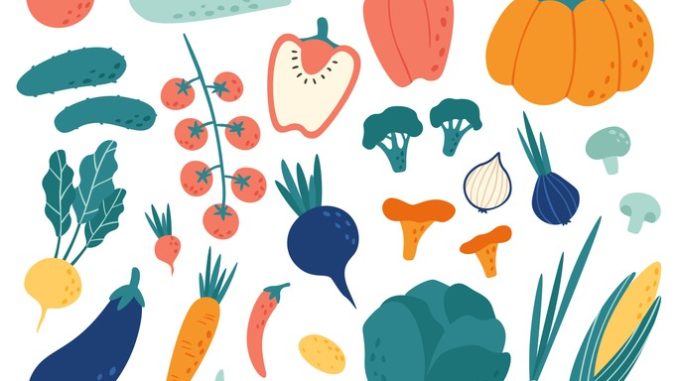
As reported by the Independent, a backlash from parents has forced schools to make changes to their plans to give pupils vegetarian-only lunches
Vegetarian schools are still a relatively rare phenomenon, especially in the state sector, but a growing number of new schools are opting for meat-free lunches to reduce their carbon footprint.
However, families have complained about a lack of food choice for students after they said their children were hungry. One school has even introduced a meat option after some parents claimed their daughters were coming home ‘starving’ and were going to McDonald’s because they did not want to eat their lunch. Meanwhile, other schools are now introducing more child-friendly vegetarian meals at lunchtime to appeal to pupils and reduce food waste after children were avoiding eating quinoa and courgettes.
The Swan School in Oxford, which opened in September, hit the headlines last year for serving only vegetarian meals at lunchtime after parents claimed their children had come home hungry. Kay Wood, head of the school, introduced the policy to allow students and teachers with different dietary requirements to eat the same meal together, as well as reduce the impact on the environment.
“We knew from speaking to a lot of people in the local area and lots of the children that they were very environmentally aware. Young people in general are increasingly interested in sustainability and doing their bit,” she said.
But the school will now introduce a different selection of vegetarian meals next term after children and parents raised concerns about the food options available.
Child-friendly options, such as macaroni and cheese, will be rolled out to encourage more pupils to eat meals after the school found that children were avoiding vegetables like courgettes.
Wood said: “We are recognising that there are some meals that children don’t eat. That is not just bad because they then might be a bit hungry and might not have the nutrition they need, but the knock-on effect is that the food is then being thrown away which is not desirable for the environment.”
King’s Leadership Academy Bolton, which also opened in September, is also serving up meat-free lunches to be more eco-conscious, encourage healthy eating and ensure students can all eat one meal together.
But the reaction from families has been mixed. “There are some picky eaters out there. But we continue to work hard with our parents and students to provide meals they are really happy with and they want to eat,” said David Crosby, head of King’s Leadership Academy Bolton.
The school is now introducing a soup option, alongside the main vegetarian lunch meal, following feedback.
Crosby added: “We had couscous and quinoa on the menu at first and the students were not particularly pleased with that. We are now trialling a vegetarian cottage pie and lasagne.
“We are trying to do everything we can to make sure that the students are eating the food and we are also listening to parents at all times.”
Geoff Barton, general secretary of the Association of School and College Leaders, said: “It is perfectly reasonable for schools to offer vegetarian-only lunches. Any menu needs to be tasty, healthy and nutritious, and this can easily be achieved with vegetarian meals. It is one meal in a day, and there are plenty of other opportunities to eat meat for those who wish to do so.
“We are likely to see more schools offering vegetarian-only menus on at least some days given rising concern about the environmental impact of eating meat, and demand from children and their families. In fact, the school food standards suggest that schools should encourage all children to have a meat-free day each week.”
Rob Percival, head of food and health policy at Soil Association, said: “All schools should be serving less and better meat. There is overwhelming agreement that we need to change our diets to tackle the climate and nature crises, and this includes eating more healthy plant proteins.
“Schools should be reducing the amount of meat they serve, introducing more plant proteins onto the menu, and using the cost savings to trade up to better quality meat during the rest of the week.”
Don’t forget to follow us on Twitter, like us on Facebook, or connect with us on LinkedIn!


Be the first to comment